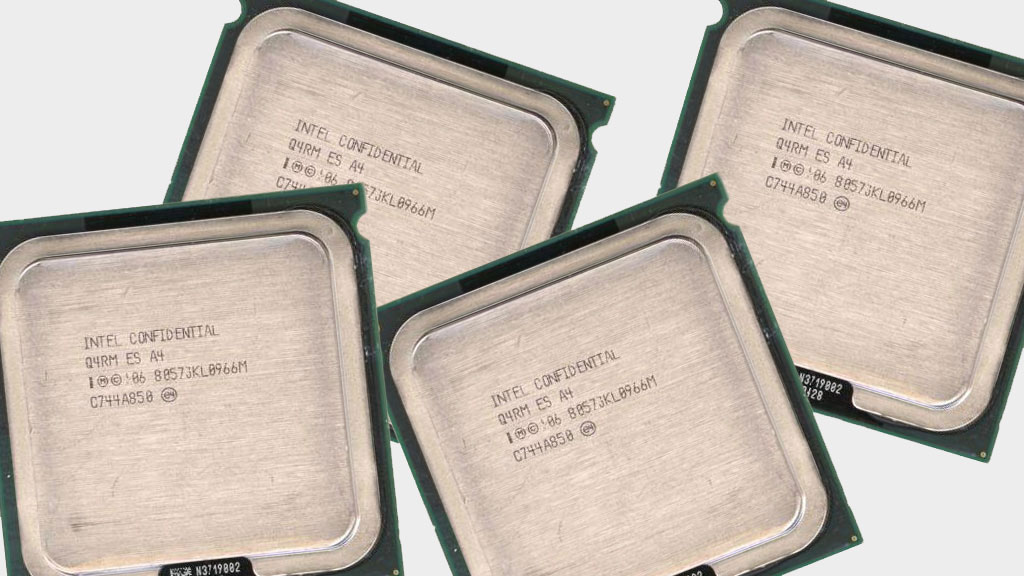Geekbench now blocks benchmark scores from unreleased hardware
No more benchmark results for engineering samples.

Primate Labs, the performance analysis software developer behind Geekbench, has decided to stop displaying benchmark results for hardware that has not yet been released. This means no more early Geekbench scores for Alder Lake and all future CPU architectures, such as Raptor Lake and Zen 4.
The change in policy, spotted by @BenchLeaks, is posted to Geekbench's website and appears to be a recent one. Firing up the Wayback Machine, the only archived result is what appears today.
"Primate Labs prevents pre-release hardware benchmark results from being displayed on the Geekbench Browser. Pre-release hardware includes engineering samples (ES), qualification samples (QS), and retail hardware not yet available for sale," the message states.
ES and QS chips are pre-production silicon that AMD and Intel provide on loan to OEM system builders, independent software vendors, and sometimes reviewers. The features and clock speeds are not always indicative of the final design, though it's typically the earlier revisions that sometimes deviate from what will ultimately ship to customers.
While these parts technically belong to AMD and Intel, once out in the wild, they inevitably weave through the leaks and rumors scene. One of the popular destinations for unreleased hardware is Geekbench. For example, take this Core i9 12900K listing from a few weeks ago. Intel has not yet launched Alder Lake, but there is a wealth of leaked scores across the web, including at Geekbench.

Best CPU for gaming: the top chips from Intel and AMD
Best graphics card: your perfect pixel-pusher awaits
Best SSD for gaming: get into the game ahead of the rest
This will change the game somewhat for users who have made it their business to hunt for and call attention to leaked benchmark runs. Up to this point, Geekbench has been a goldmine for this sort of thing. Not anymore, at least not directly. Indirectly, there's nothing that will stop the benchmark from running on ES and QS chips, just the results will no longer be displayed on its website. Instead, we're left to trust leakers at their word when posting scores on Twitter or wherever else they choose.
In addition to CPUs, Geekbench has also been a safe haven for unreleased graphics cards and smartphone hardware. Going forward, those will presumably disappear from the site as well. It was fun while it lasted.
Keep up to date with the most important stories and the best deals, as picked by the PC Gamer team.
Paul has been playing PC games and raking his knuckles on computer hardware since the Commodore 64. He does not have any tattoos, but thinks it would be cool to get one that reads LOAD"*",8,1. In his off time, he rides motorcycles and wrestles alligators (only one of those is true).


